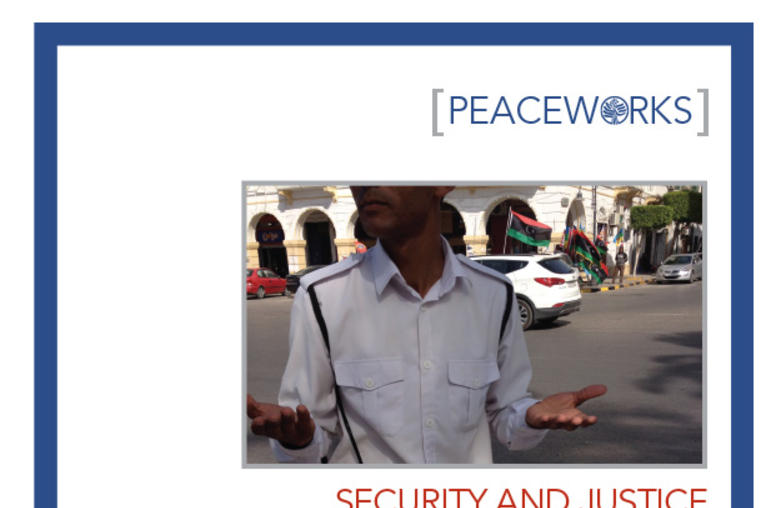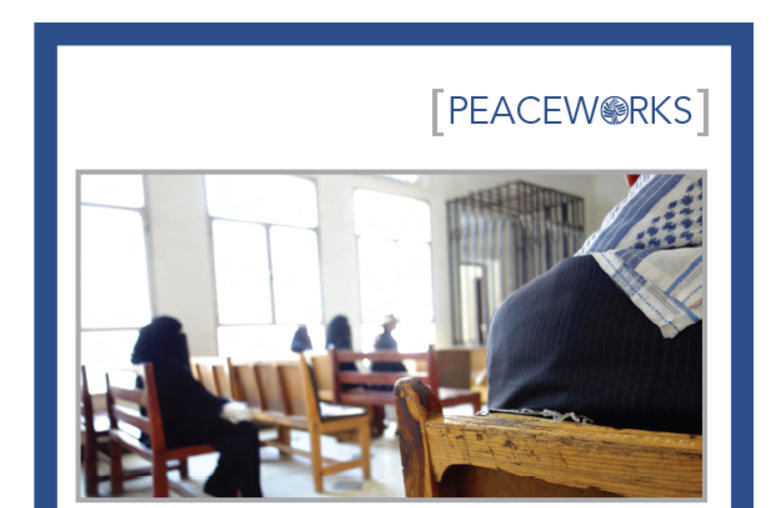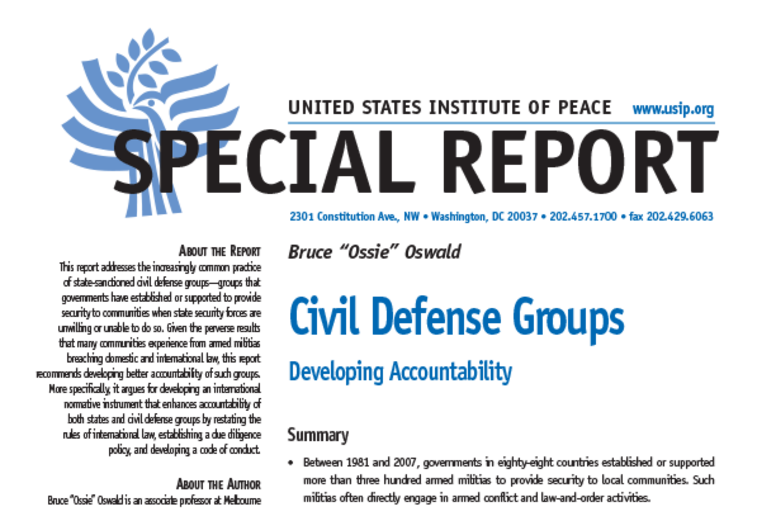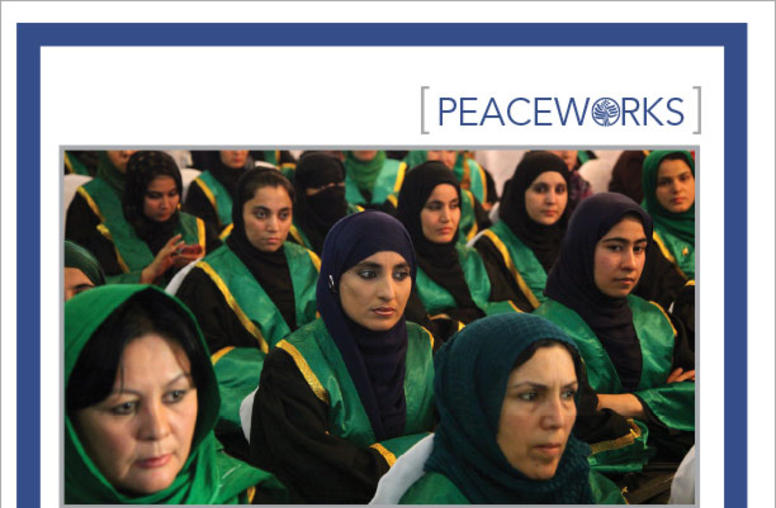Security Sector Reform Missions: Planning and Evaluation
The U.S. government and the U.N. have moved ahead with formalizing their work on Security Sector Reform (SSR). They have also begun to concentrate on the challenges of assessments and planning in SSR operations. At the same time, it is becoming clear that commercial security firms will be asked to play an important role. A panel of experts discussed these topics from their various perspectives in this meeting of the SSR Working Group.
The U.S. government and the U.N. have moved ahead with formalizing their work on Security Sector Reform (SSR). They have also begun to concentrate on the challenges of assessments and planning in SSR operations. At the same time, it is becoming clear that commercial security firms will be asked to play an important role. At this meeting of the SSR Working Group, a panel of experts discussed these topics from their various perspectives.
Speakers
- Jared Riggs
SSR Program Officer, United Nations - Colonel Gregory A. Hermsmeyer
Office of the Undersecretary of Defense for Policy - Doug Brooks
President, International Peace Operations Association - Christina Rosati
Political Military Bureau, U.S. Department of State - Robert Perito, Moderator
U.S. Institute of Peace



